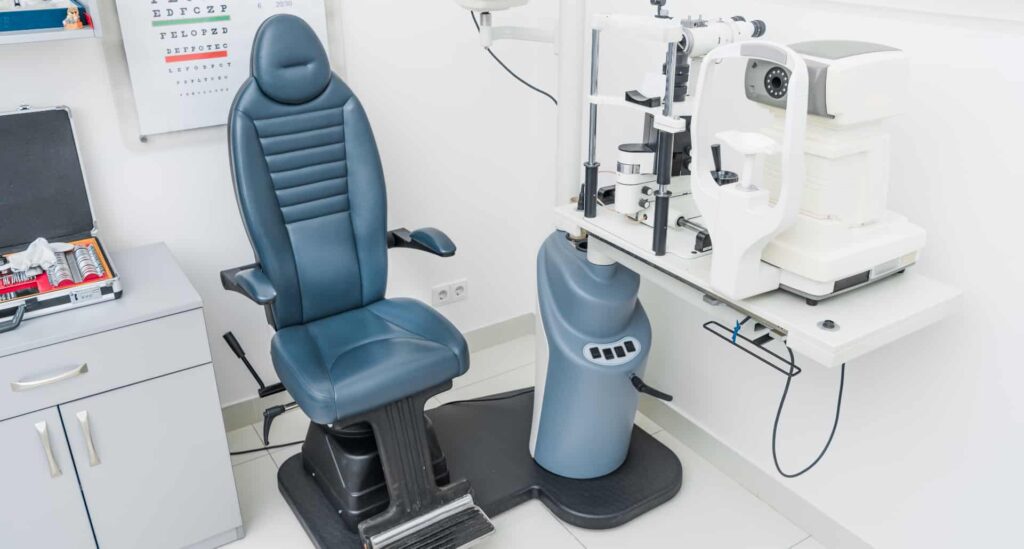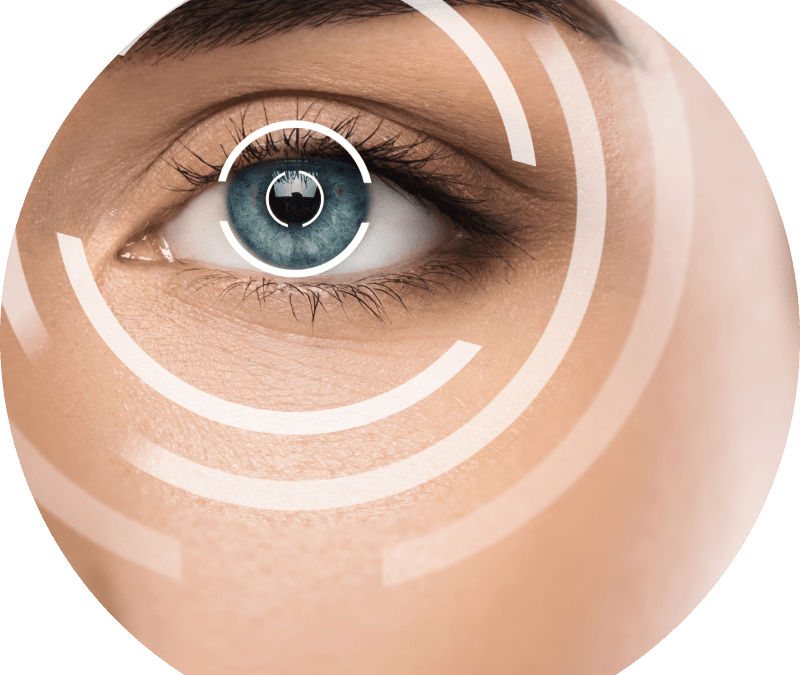Regular eye exams play a vital role in maintaining good vision and overall eye health. While many people may only visit an optometrist when they experience vision problems, it is essential to understand the importance of annual eye exams. In this blog post, we will explore why scheduling regular eye exams with your optometrist is crucial for preserving your vision and detecting potential eye conditions early on.
- Vision Correction and Prescription Updates:
One of the primary reasons to have an annual eye exam is to ensure that your vision is corrected accurately. Optometrists will perform comprehensive tests to assess your visual acuity and determine if you need prescription glasses or contact lenses. Regular eye exams help identify changes in your prescription, ensuring that you are always seeing clearly and comfortably.
- Early Detection of Eye Conditions:
Many eye conditions develop gradually and may not show noticeable symptoms in their early stages. Annual eye exams allow optometrists to detect and diagnose these conditions early on, when treatment options are most effective. Common eye conditions that can be detected during an eye exam include glaucoma, cataracts, macular degeneration, diabetic retinopathy, and dry eye syndrome.
- Monitoring Eye Health:
Beyond vision correction, annual eye exams provide a comprehensive assessment of your overall eye health. Optometrists will examine the structures of your eyes, including the retina, optic nerve, and blood vessels. This evaluation can help identify signs of eye diseases or conditions that may not cause noticeable symptoms but can lead to vision loss if left untreated.
- Detection of Systemic Health Conditions:
Surprisingly, an eye exam can reveal more than just eye-related issues. The eyes can provide valuable insights into your overall health. During an eye exam, optometrists may identify signs of systemic conditions such as diabetes, high blood pressure, autoimmune disorders, and certain types of cancer. Detecting these conditions early can lead to prompt medical intervention and improved treatment outcomes.
- Children’s Eye Health:
Annual eye exams are particularly crucial for children. Regular exams ensure that any vision problems are detected early, allowing for timely intervention and appropriate vision correction. Optometrists can also assess eye coordination, focusing abilities, and other visual skills necessary for learning and development. Early detection and management of childhood eye conditions can significantly impact a child’s academic performance and overall well-being


